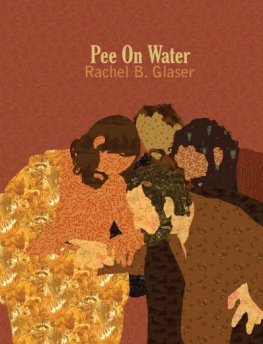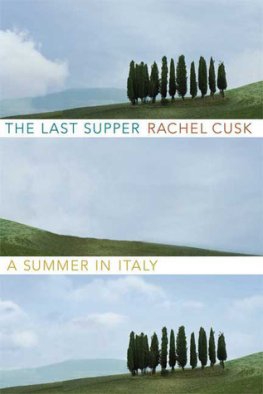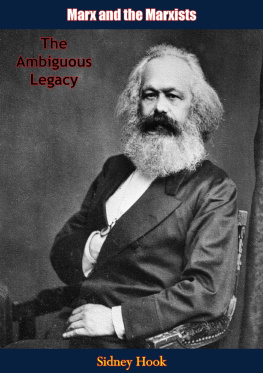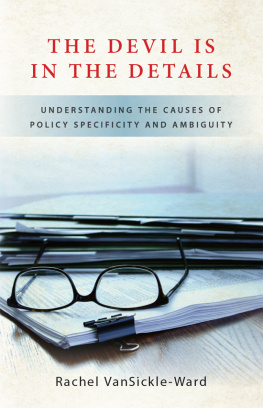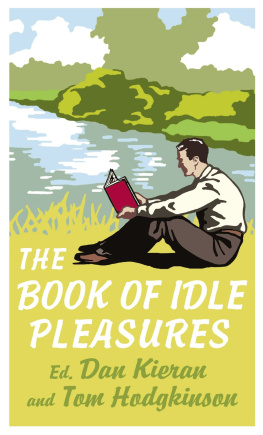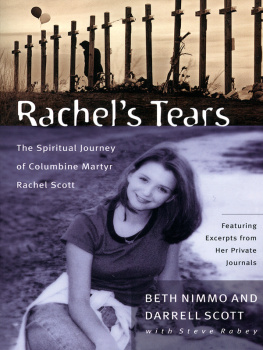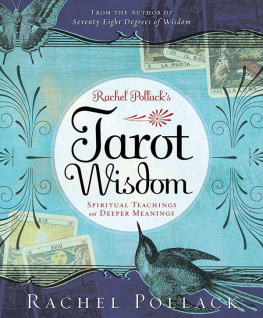Published in 2012 by
Berghahn Books
www.berghahnbooks.com
2012, 2015 Rachel Spronk
First paperback edition published in 2015
All rights reserved. Except for the quotation of short passages for the purposes of criticism and review, no part of this book may be reproduced in any form or by any means, electronic or mechanical, including photocopying, recording, or any information storage and retrieval system now known or to be invented, without written permission of the publisher.
Library of Congress Cataloging-in-Publication Data
Spronk, Rachel.
Ambiguous pleasures : sexuality and middle class self-perceptions in Nairobi / Rachel Spronk.
p. cm.
Includes bibliographical references and index.
ISBN 978-0-85745-478-2 (hardback : alk. paper) -- ISBN 978-1-78238-530-1 (paperback : alk. paper) -- ISBN 978-0-85745-479-9 (ebook)
1. Yuppies--Sexual behavior--Kenya--Nairobi. 2. Sexology--Kenya--Nairobi. I. Title.
HQ18.N27S67 2012
306.7086220967625--dc23
2011041085
British Library Cataloguing in Publication Data
A catalogue record for this book is available from the British Library
Printed on acid-free paper.
ISBN: 978-0-85745-478-2 hardback
ISBN: 978-1-78238-530-1 paperback
ISBN: 978-0-85745-479-9 ebook
ACKNOWLEDGEMENTS
So many people have taken me under their wings, each in their own way, while I was finding my way during the research for, as well as in the writing, of this book. I am indebted to you all.
In Nairobi, and in the other places where they have flown to, I am particularly indebted to those who cannot be mentioned by name: the spirited women and men without whose life stories this book would never have seen the light. Their openness, trust and patience have been vital to this study, as well as personally enriching.
My sincere gratitude goes to Peter Geschiere and Birgit Meyer. Thanks to their dedicated teamwork, as well as their encouragement, trust and intellectual inspiration, this book has been realized. My gratitude for their unfailing support runs deep. I owe my interest in sexuality studies to Han ten Brummelhuis, who taught me the principles of anthropological perspectives on sexuality many years ago. I have found an intellectual home at the Sociology and Anthropology Department of the University of Amsterdam, thanks to the many colleagues who stimulated me before I officially joined them. I want to thank Gerd Baumann, Niko Besnier, Christian Brer, Sbastien Chauvin, Jan Willem Duijvendak, Alex Edmonds, Sjaak van der Geest, Trudie Gerrits, Anita Hardon, Gert Hekma, Giselinde Kuipers, Annemarie Mol, Annelies Moors, Mattijs van de Port, and Oskar Verkaaik.
The Amsterdam School for Social Science Research (now Amsterdam Institute for Social Science Research) not only generously financed the research on which this book is based, but also provided an academic home and sheltering work environment during my graduate years. The conversations around the coffee machine and debates during seminars haven been of tremendous value throughout the years when this book was written. The bureau has always been ready with a solution to my questions, thanks to Linda Atjak, Teun Bijvoet, Anneke Dammers, Annelies Dijkstra, Miriam May, Jos Komen and Hans Sonneveld. Moreover, the writing of this book would not have been possible without the support, intellectual input and friendship of my sisters and brothers in arms of the ASSR anthropology club: Ze dAbreu, Jose Carlos Aguiar, Irfan Ahmad, Miriyam Aouragh, Eveline Buchheim, Francio Guadeloupe, Lotte Hoek, Nghiem Lien Huong, John Kinsman, Anouk de Koning, Shifra Kisch, Eileen Moyer, Nienke Muurling, Martijn Oosterbaan, Matthijs Pelkmans, Esther Peperkamp, Yatun Sastramidjaja and Marleen de Witte. Thanks to Erik Bhre, Christian Brer, Sjoukje Botman, Trudie Gerrits, Eelke Heemskerk, Silke Heumann, Ferdinand de Jong, Barak Kalir, Abdoulaye Kane, Reinhilde Knig, Baz Lecocq, Marcel Maussen, Courtney Lake, Marie Rosenkrantz Lindegaard, Marina de Regt, Ins de Sousa, Getnet Tadele, Sonja van Wichelen and Mara Yerkes for making the ASSR a pleasant work place. Thanks too to the VOC members Marieke Bloembergen, Alex Edmonds, Jeroen de Kloet, Tonny Krijnen, Giselinde Kuipers, Natalie Scholtz, Jan Teurlings, Olav Velthuis and Sikko Visscher for the inspirational conversations, whether intellectual or not.
In 1997, I was warmly welcomed by Professor Bahemuka and Professor Nzioka at the University of Nairobi. When I returned for the research for this book in 2001 and 2004, I could not imagine a better intellectual and collegial springboard for my study. I am very grateful for their help and commitment, as well as to Professor Gakuru, Dr Machera, Dr Mbatia, Dr Owiti and the bureau at the Department of Sociology for making me feel at home at another university, and for their critical remarks and important suggestions regarding my research.
Crisscrossing the years through which I have been working on the book, as friends or colleagues and as sources of inspiration, have been Anouka van Eerdewijk, Julia Hornberger, Marloes Janson, Jeroen de Kloet, Graeme Reid and Marleen Renders, as well as Stefan Dudink, Frances Gouda, Jan Jansen, Anke van der Kwaak, Lorraine Nencel, Christine Obbo, Robert Ros, Bonno Thoden van Velzen, Ineke van de Wetering, and Karin Willemse. I hope to enjoy for many more years the expertise of Etnofoor editors Yolanda van Ede, Erella Grassiani, Rivke Jaffe, Martijn Oosterbaan, Thijl Sunier and Marleen de Witte. Thanks to Mindy Standford and Robert Berold for making my text into a readable book, and to Mirjam van Heugten for the help with the very last logistical matters of the manuscript.
If anything kept me going, it is the group of family and friends whose interest in the study and support of the project never failed. My parents Neeltje and Cees have taught my sisters and me to approach the world with curiosity, a quality that is the fundament on which the book rests. Their support and love has been, is, and will always be, an important guide in my life and work. My dear sisters Esther and Janneke always knew, and know, how to uplift me with their sisterly love and humour. My dearest friends Akke, Christel and Wilma never got tired of listening to my endless reminiscences and their ability to bring a new perspective to my work has been revitalizing. Thanks too to my brother-in-arms, Matthijs, for helping to avoid complacency as we both became part of academia. And many thanks too to my friends Christian, Pascal, Lotte, Shifra and Ze for the talks, laughs and support in the Netherlands, and to Doris, Gertrude, Japhet, Joyce, the Kamadi family, Ken, Leah, Norah, Orutwa, Robinson, Terry and Kamata in Nairobi for the nyama choma and for making us feel at home.
Victor, for you there are no words to express my gratefulness for your love, intellectual discussions, support, patience, help with the computer and text, and humour. In the course of writing this book our two sons, Julian and Tobias, were born. I hope we will enjoy numerous adventures together, in Africa and elsewhere.



